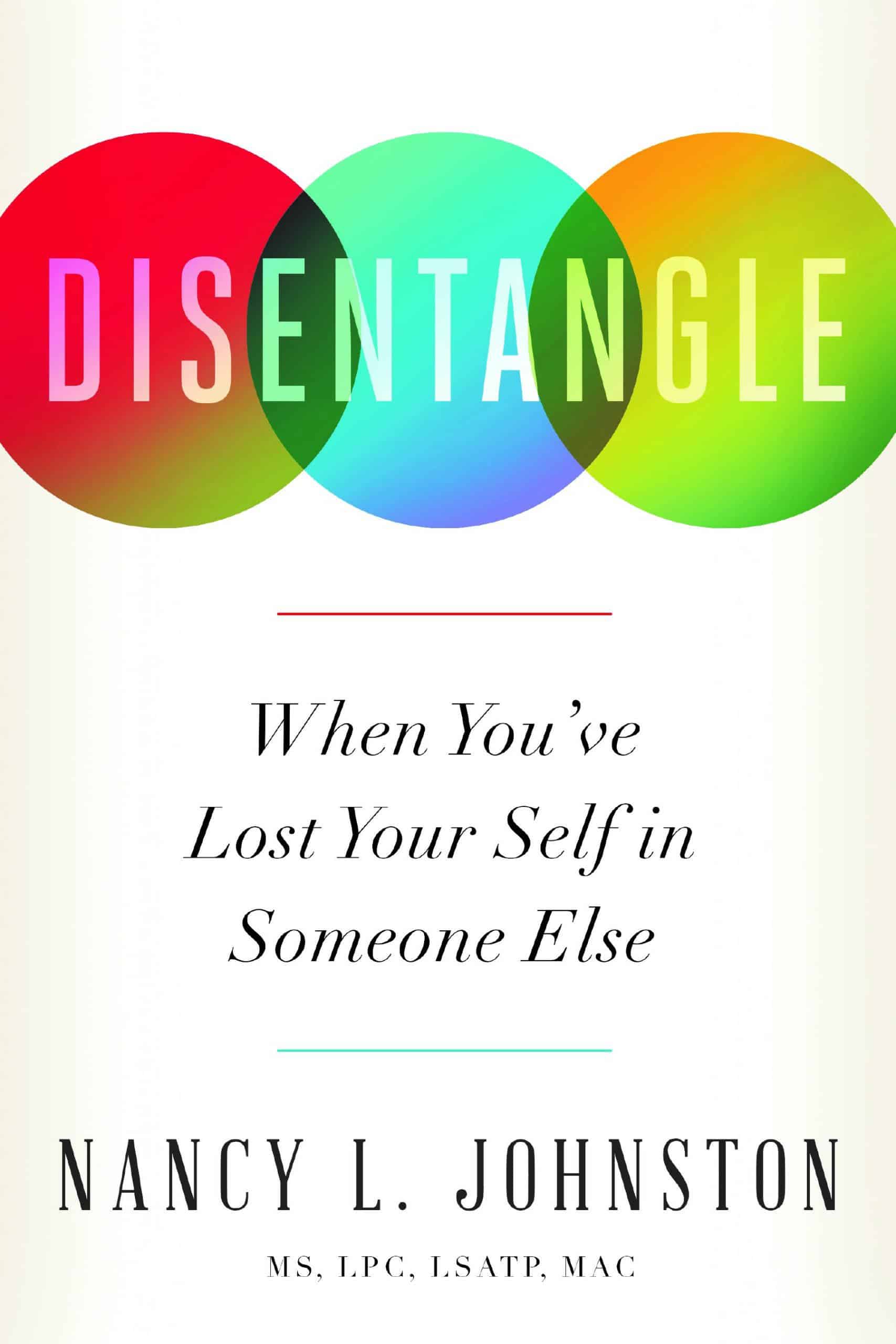5 Ways We Entangle Ourselves in Our Grown Kids’ Lives
Treating them as the adults they have become

Nancy L. Johnston, mental health counselor and author of Disentangle: When You’ve Lost Your Self in Someone Else , offers guidance on how we can improve the relationship with our grown children.
When our kids are young, we readily help them address a variety of problems or challenges. Whether they struggle to resolve an argument with their best friend, wrestle with a difficult concept in math, or need extra coaching to improve their tennis performance, we are eager to offer whatever they need to help them thrive. And when they are young, our willingness and ability to help them usually strengthens and builds our relationships with them.
But when our children become adults, helping becomes trickier. Instead of fortifying our relationship, our impulse to dive in and fix things can create resentment and irritation. Our adult children often want to rely on their own resources first before asking for our help; therefore, our insistence on jumping in prematurely only demonstrates our lack of faith in their abilities.
Because we crave healthy relationships with our adult children, we need to create boundaries that will honor both parties’ needs. To do this, we should avoid:
Treating Them as Children, Not Adults
It is hard to accept that the children we so carefully watched over and protected are now grown. Perhaps we are accustomed to telling them what to do or scolding them over something they did wrong. But, once they are adults, this style of communication becomes inappropriate. Why? Because we are telling them that we don’t have confidence in their ability to take care of things on their own, and this, in turn, affects their own self-confidence.
Instead of lecturing and directing, we need to start listening and speaking to our children as adults. Doing so demonstrates respect and fosters a healthy communication style; this will encourage our kids to discuss issues and concerns with us. And of course, this open communication serves to strengthen our relationships.
Overstepping Their Bounds
If our children decline our offer of money, housing, or other assistance, we should accept it and not press the issue. In saying “No,” they have set their boundaries with us, but if we insist they take what we want to offer (or go behind their backs and do it anyway), we are overstepping their bounds. Yes, maybe they could use the help we are offering, but they are trying to do this on their own, and their sense of self and competence are on the line. They want to do this without our help and need to know that we respect their boundaries.
As we accept what they will and will not let us do for them, they will come to trust our relationship with them more. Our kids will know that if they say “No,” they will be honored, and if they ask for something, they know we will consider their request.
Overstepping Our Bounds
We may be eager to help our adult kids, but if we are offering more than we can give, we have gone too far. Maybe we provide them with half of our emergency fund; co-sign for an expensive car we know they cannot afford; or babysit for long hours that we cannot handle emotionally or physically. But when we overstep our own bounds in this way, we become resentful that we are giving to them in ways that are not fair to ourselves.
To avoid the temptation of giving more than we can handle, we must first be honest with ourselves. We need to seriously consider our resources and try to give within the time, money, and energy we have in store. Once we know what we can freely give, we also need to let go of whatever attachments we have to the outcomes of our giving.
Not Being Direct and Honest with Them
If we have disagreements or concerns, it is best to speak with our kids directly. We can certainly speak with their other parent about these issues, but we need to be careful beyond that. If we talk with their siblings or grandparents without their awareness, we are again inadvertently suggesting that they are not adult enough to hear what we have to say. And resentment and anger are bound to erupt if they find out that we have been talking about them behind their back.
Other forms of indirectness would be asking questions instead of making an “I” statement; try: “Don’t you want to get a job?” instead of “I think you need to get a job.” Or, “Do you want to live there the rest of your life?” instead of “I hope you will be able to find a safer place to live.”
When we use “I” statements, we truly say what we want to say to the other person. We are deliberate, honest, and transparent, and then leave the response up to the other person. We speak adult-to-adult.
Not Loving Them for Who They Are
Of course, we love our kids for who they are; but sometimes, the way we express ourselves sounds like we wish they were different. Comparing our kids to their siblings (“Why can’t you go to college like your brother did?”) or to one of their friends (“Blake seems to be doing very well financially”) can make our kids feel like they did not make good life choices. Even if you do wish they were making other choices, comparing is not the way to go. Doing so not only creates resentment but also fosters self-doubt and low self-esteem.
We can show our kids that we love them for who they are by taking the time to get to know them. We can invite them to tell us about their ideas for their future; what attracts them to the job they are applying for; and how they are feeling about what’s happening in their life. As we listen well, they will know that we are interested and supportive.
As we get to know who our kids are as grown people, learn to speak to our kids as adults, and honor boundaries, we reduce the chances of becoming entangled in their lives. And as we free ourselves from these entanglements, we can grow closer to our adult children while we embrace our ever-changing and developing relationships with them.
Disentangle: When You’ve Lost Your Self in Someone Else
Nancy L. Johnston, MS, LPC, LSATP, MAC is the author of Disentangle: When You’ve Lost Your Self in Someone Else (2nd Ed.) and works in private practice in Lexington, VA. With 42 years of clinical experience, Johnston is an American Mental Health Counselors Association Diplomate and Clinical Mental Health Specialist in Substance Abuse and Co-Occurring Disorders. She offers presentations, workshops, and retreats for self-recovery. She is the mother of two grown daughters.
For more articles on relationships with our grown children and other family, friends, and coworkers, browse the Boomer Sage Advice department.
As an Amazon Associate, Boomer Magazine earns from qualifying purchases from linked book titles.


